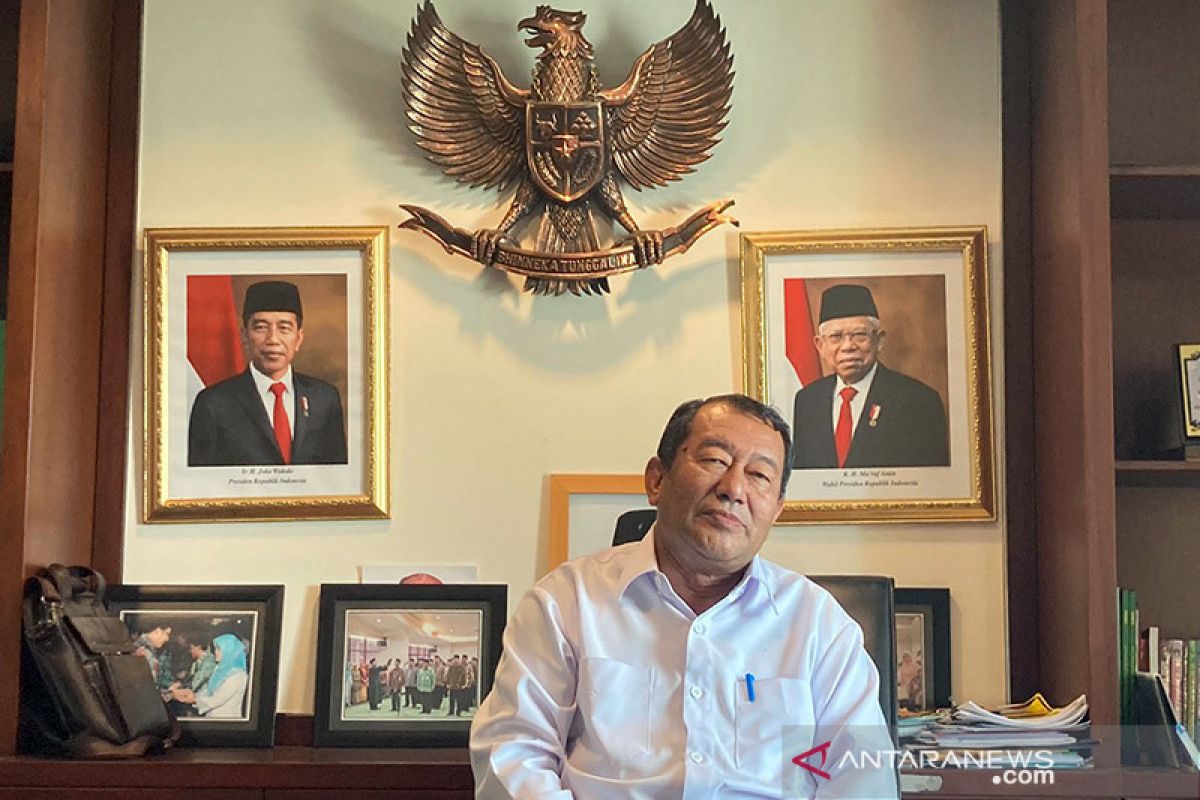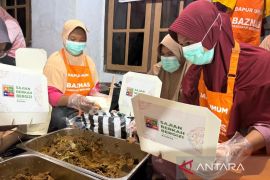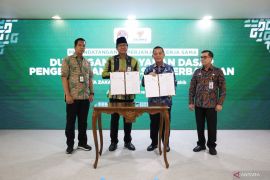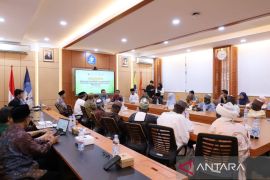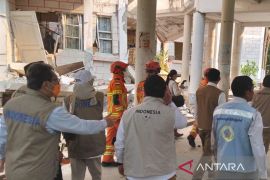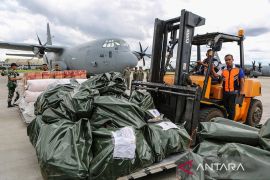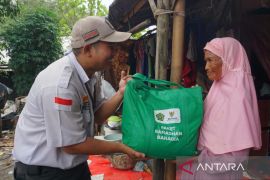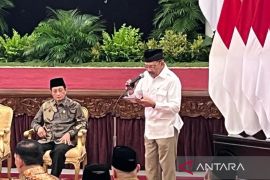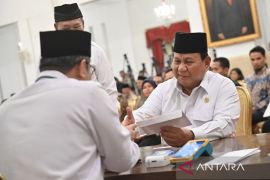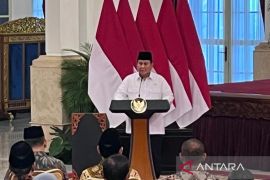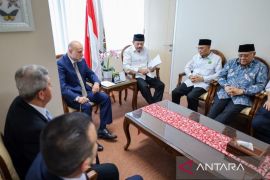"This is because essential commodities or cash will run out after the recipients return from the LAZ office," Director of Alms and Waqf Empowerment at the ministry, Tarmizi Tohor, stated here on Wednesday.
Tohor pointed out that the main objective behind alms distribution is to improve the people's standard of living in terms of the economy, education, social, and health aspects. Hence, alms should be aimed at alleviating poverty, he affirmed.
To achieve this goal, the Ministry of Religious Affairs has made several endeavors to develop productive alms programs, such as building platforms for waqf that have economic potential by providing access to capital, training, and mentoring for the recipients.
"Coaching is necessary, so this alms can turn the mustahik (recipient) into muzaki (giver)," he affirmed.
Related news: President calls for reform of alms management
Furthermore, the Ministry of Religious Affairs will strengthen alms management resources through the sharia auditing program.
Based on his experience on managing an alms agency in a village, not many personnel working at LAZ understood auditing. He contended that this matter had lowered public confidence to distribute alms through LAZ.
"Alhamdulillah (Praise to be God), currently, LAZ has professional accountants, in addition to SKKNI or the National Standards for Work Competency that enhances the performance of alms management," he explained.
Tohor also highlighted the Kampung Zakat or village alms program that had been running at 15 locations across Indonesia to empower people in the outermost, remote, and underdeveloped areas (3T).
Kampung Zakat is a program that offers benefits for the economic development of communities living in disadvantaged areas, he added.
Related news: Minister calls on state firms to disburse alms through Baznas
Related news: Thousands line up for Rp50 thousand alms
Translator: Asep F, Kenzu T
Editor: Suharto
Copyright © ANTARA 2022
